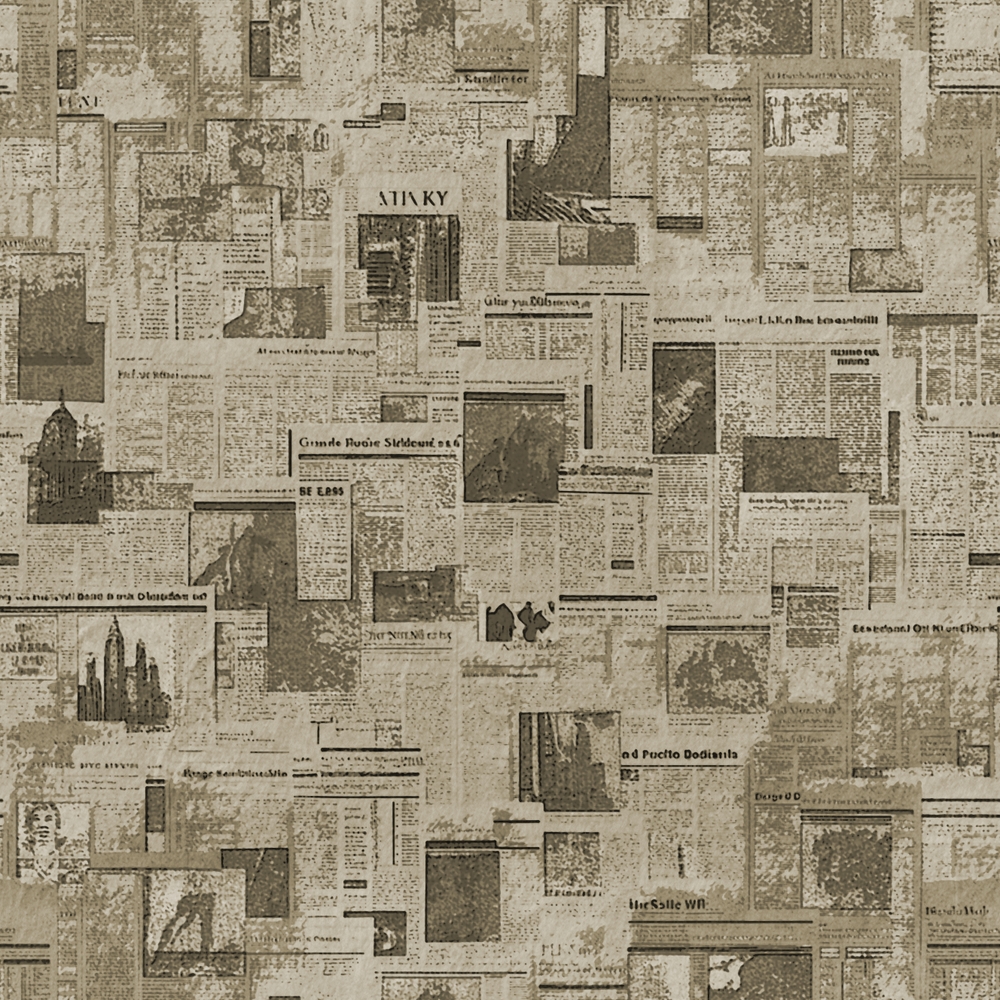A video of a Palestinian family holding a funeral for their son killed by Israeli soldiers. (It was later discovered to be staged.)
A WhatsApp message claiming that Israel was about to invade the Gaza strip. (They weren’t.)
A viral TikTok video showing Jews cheering near a burning mosque. (The Jews were gathered to celebrate Jerusalem Day, and the mosque had been set on fire earlier by Palestinian protesters.)
It’s no secret that misinformation abounds in all forms and formats of media, including print, radio, and social. This has only become all the more relevant after the recent Israel-Gaza violence and all the confusion it involved.
Stories were coming in from every direction, and most of us didn’t know what to trust and what to discard. According to the New York Times, the false information included “videos, photos and clips of text purported to be from government officials in the region, with posts baselessly claiming that Israeli soldiers had invaded Gaza, or that Palestinian mobs were about to rampage through sleepy Israeli suburbs.”
This isn’t the first time that Israeli-Palestinian tension has sparked false claims, fake news, and conspiracies during dangerous times. But that’s just the tip of the iceberg.
In the digital age, social media’s made it almost too easy to share half a story or a 10 second clip and present it as fact. There’s no editorial process, no accountability, and things easily spread out of control. Not every news site is concerned with ethics, instead going for the most sensational headline or the most “clickbait-y” post.
When you look at it through a Torah lens, however? The issue only becomes all the more serious. The constant barrage of negativity, hatred, and lies can raise serious issues of loshon hara (evil speech). This is in addition to the fact that many of the values and subliminal messaging in the media are directly contrary to Torah values.
As we know (even if we don’t want to admit it), everything that we read, watch, and listen to has a tremendous impact on us. This means most of us are going to want to be careful about what we ingest. And of course, it’s difficult to remain critical, constantly analyzing what you’re reading and recognizing the limitations of journalism.
According to Joy Mayer of Trusting News, trust in the media is at an all-time-low. “In today’s confusing landscape, the public needs to accept more responsibility for becoming smarter about what they read, watch and listen to,” she says. And that’s why many people are starting to look for a source that they’re actually comfortable trusting and that they know shares their values. For many Jews, that means news sources presented through a Torah lens, like the Times of Israel, The Jewish Press, or Yeshiva World News.
Regardless of what medium you choose to stay up to date, it’s up to all of us to be responsible consumers of media and resources. Let’s start today.
fake news



Luis Pierce
says:I think it’s an excellent resource for understanding how to identify and combat fake news. It provides a comprehensive overview of the issue and offers practical advice on how to spot and respond to fake news. The website also provides helpful links to other resources and organizations that can help with the issue.